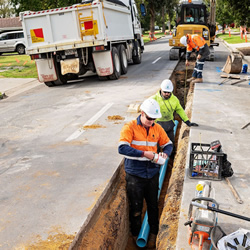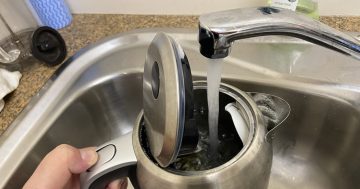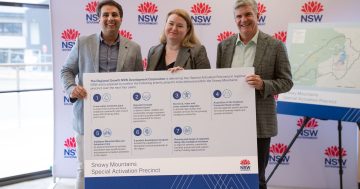 SA Water has declared that nasty ‘unflushables’ in the State’s sewer pipes have dropped to a two-year low.
SA Water has declared that nasty ‘unflushables’ in the State’s sewer pipes have dropped to a two-year low.
The Agency said that cooking fats, oils and wet wipes flushed down the toilet or put down the sink decreased by 110 items in October compared to last year, which is a 45 per cent drop helping limit the risk of unsightly overflows inside people’s properties.
Senior Manager of Production and Treatment at SA Water, Lisa Hannant thanked the community for heeding the utility’s vital message to change their flushing and rinsing habits.
“We know it’s the cumulative impact of our customers’ behaviour at the loo, and at the sink, together with our operational initiatives, such as the use of smart technology that will keep our sewers healthy,” Ms Hannant said.
“One of the ways we can help shift behaviour is by engaging with the community and providing practical tips, and we’ve been making a concerted effort to spread the word lately,” she said.
Ms Hannant said the Agency had been using social media to educate South Australians by explaining what should not be flushed or rinsed, including condoms, tampons, coffee grounds and cooking oil.
“Sharing gross photos of overflows, some of the bizarre objects we’ve found in the sewers, and informative yet playful animations formed part of how we embedded the important message within our community,” she said.
According to SA water, the State is still above the pre-pandemic level for blockages caused by unflushables, which was heightened by the scarcity of toilet paper during 2020.
Since then, it spent more than $2 million during 2021-22 on a sewer cleaning program to redirect unflushables from pipes, pump stations and wastewater treatment plants to landfill, it said.





